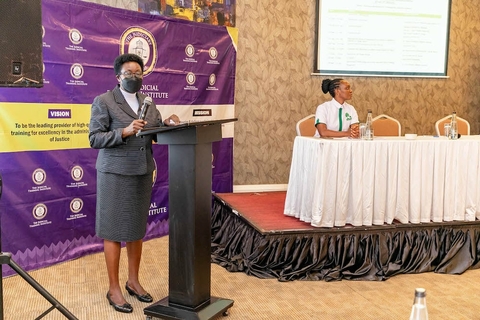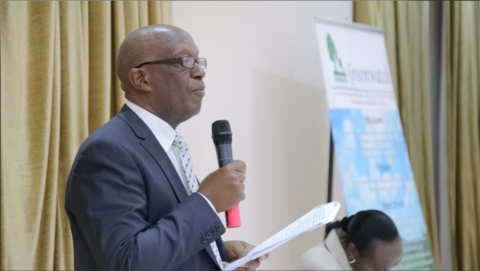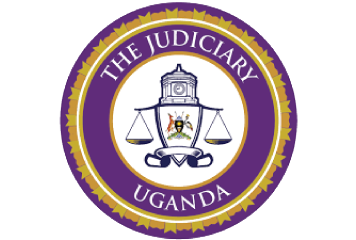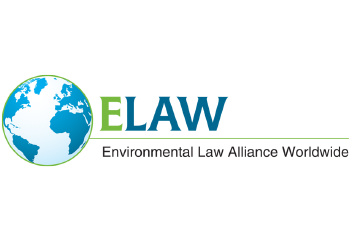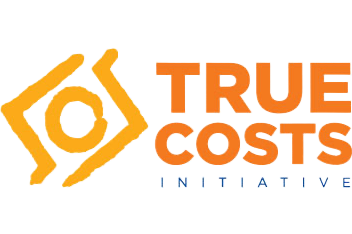Principle 10 of the Rio Declaration on Environment and Development is the inspiration behind the establishment of our organization. We believe that environmental rights can be better exercised when people have access to information, can participate in decisions that affect their surroundings and have access to justice incase their rights are violated. Greenwatch exists to ensure that every individual in Uganda knows that they have environmental rights and these rights can be fully exercised through access to information, justice and public participation. As an agricultural based country we are highly dependent on our environment therefore we must ensure that we use our natural resources in a sustainable manner not only for our generation but for the future generation as well.
Three years after the Rio Declaration, Uganda birthed its first progressive constitution. Article 39 of the 1995 Constitution of the Republic of Uganda provides for the right to a clean and healthy environment. It is our vision that every Ugandan enjoys that right and this is why we continue to work through advocacy, training and promoting the enforcement of environmental rights.
Our Objectives;
- Publish and publicize environmental laws and principles with emphasis on enforcement of the citizen's constitutional right to a clean and healthy environment.
- Ensure and encourage public participation in the management and protection of the environment and natural resources.
- Encourage every citizen and every community in Uganda to care for and protect the environment and natural resources as they carry on their day to day activities.
- To encourage and promote agricultural, industrial and other production activities to conform with environmental law principles and practices.
- Ensure environmental law principles are incorporated in all Government and Local Government policies and legislation.
- Ensure all public officials and policy makers have sufficient knowledge of environmental law and principles and apply them when they make their day to day decisions.
- To ensure that all judicial and law enforcement officers have sufficient training in environmental law.
- To ensure that environmental law principles and policies are incorporated in school curricular at all levels of education.
Our achievements so far
In the last 25 years, Greenwatch with the support of our various partners has carried out research and has trained judicial officers, law enforcement officers, government officials and lawyers on environmental rights, enforcement of these rights and various environmental issues. As a result of our research we have published handbooks on environmental law in Uganda Volume I and II and a case book on environmental law. We have been at the forefront of groundbreaking environmental public interest litigation such as the famous ‘chimpanzee case’, “ kaveera case” and the “pangolin case”. We have worked with local government and community leaders to sensitize communities on their environmental rights. We have also been a part of civil society campaigns such as the save Mabira campaign.
Our Civil Society family
We believe that together we are stronger, this is why Greenwatch is intentional about being a part of Uganda’s civil society family. We are a member of the Environment and Natural Resources Civil Society Network (ENR-CSO). This is a network of civil society actors that work on different environment and natural resources issues whose secretariat is Environmental Alert. It has thematic working groups under which the actors work according to the areas of interest. Greenwatch belongs to the thematic working group on governance because most of the work we do addresses governance issues in the sector. Thematic groups are very vital in informing the ENR-CSO advocacy intervention and monitoring government performance. Greenwatch is also a member of the Civil Society Coalition on Oil and Gas in Uganda and the Land Justice sub-committee. This committee belongs to the Access to Justice Working group in the Ministry of Justice and Constitutional Affairs. It is comprised of institutions, both government and civil society that work on access to Justice issues on land.
Who we are and what we do
Just in case you missed it! We are an environmental rights advocacy Non-Government Organisation whose main objective is to promote public participation in the sustainable use, management and protection of the environment and natural resources. We advocate for the enforcement of and compliance with environmental laws and principles through advocacy, training and the promotion of environmental rights which results in increased environment awareness.
Our Vision is to ensure that every Ugandan enjoys the right to a clean and healthy environment.
We do this through strategic public interest litigation to encourage access to information, justice in the enforcement of environmental rights, policy research and analysis, supporting community initiatives through information dissemination, advocacy and capacity building and training government officials on different aspects of environmental protection including environmental law

